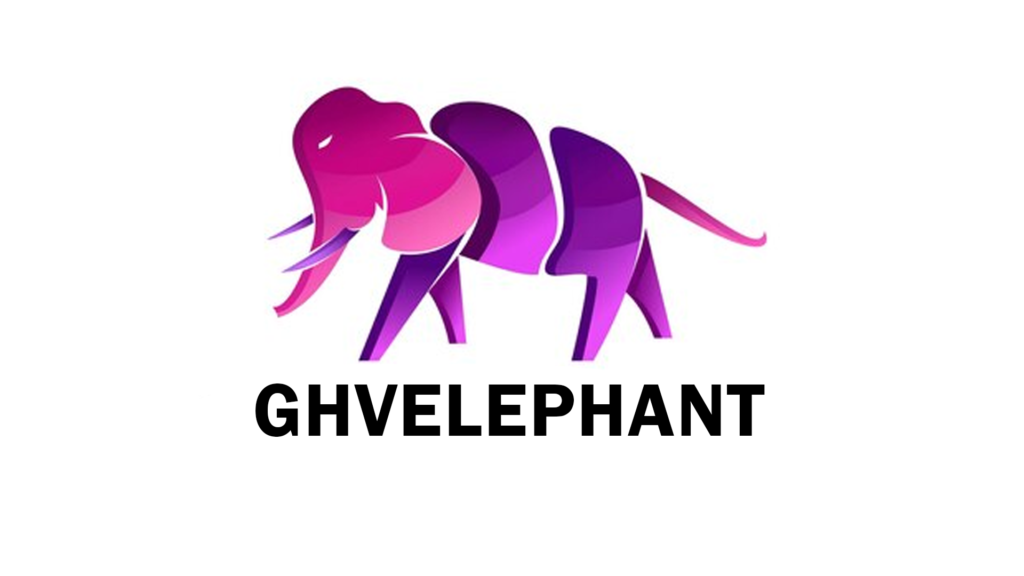The Changing Landscape of Careers
In today’s fast-paced world, the career landscape is shifting dramatically. Gone are the days when a single degree would secure a lifetime of employment. Instead, professionals must continually adapt and learn to stay relevant. With technology rapidly reshaping industries, the need for diverse and adaptable skill sets is paramount.
According to a recent Forbes article, businesses are prioritizing employees with a fusion of technical and interpersonal skills. This shift acknowledges the complex and interconnected nature of the modern economy, where versatility is a significant asset. Employers are increasingly interested in candidates with technological proficiency and the ability to communicate and collaborate effectively in diverse environments. This dual capability fosters innovation and sustains a competitive edge in a swiftly changing market.
Importance of Lifelong Learning
Lifelong learning is more than a personal endeavor; it’s a professional necessity. Continuous learning allows individuals to remain inspired and engaged, unlocking new career opportunities. The World Economic Forum suggests that by embracing lifelong learning, workers can combat the potential job displacement caused by automation and artificial intelligence. As industries evolve, so do the roles within them, requiring employees to update their skills regularly to meet new challenges and expectations. Engaging in Online Certificate Programs offers a practical route for individuals looking to enhance their expertise and remain competitive.
Lifelong learning enhances personal development and fosters a culture of curiosity and adaptability within organizations. Organizations that promote continuous learning and skill enhancement usually experience higher employee satisfaction, retention, and productivity. By investing in their growth, workers are better equipped to navigate the uncertainties of the job market and proactively manage their career trajectories.
Significance of Upskilling
Upskilling is essential to thrive in an ever-evolving job market. It involves augmenting current skills or acquiring new ones that are necessary to perform better in a professional environment. Upskilling can be achieved through workshops, seminars, or online learning resources. This becomes apparent when considering the pace at which technology and market demands can render existing skills obsolete.
A study published in the Harvard Business Review highlights the value of core capabilities such as strategic thinking and adaptability. These abilities are becoming more desirable to employers who acknowledge their importance in navigating intricate and changing business landscapes. By investing in these areas, professionals can position themselves as valuable assets capable of driving change and innovation within their organizations.
Role of Online Platforms
The emergence of online learning platforms has made education more accessible and democratized it like never before. Websites provide courses catering to various interests and skill levels. These platforms allow learners to acquire knowledge at their own pace, seamlessly fitting education into otherwise busy schedules. The adaptability of online education will enable people to engage in personal and career growth while still fulfilling other obligations.
Moreover, online platforms often feature courses designed and led by industry experts, ensuring the content is relevant and up-to-date. This direct access to knowledge and expertise enables learners to gain insights directly applicable to their work. As an increasing number of individuals acknowledge the advantages of online learning, these platforms will persist in being crucial in influencing the future of education and career growth.
Balancing Career Growth and Personal Life
While pursuing career advancement is essential, maintaining a healthy work-life balance is equally crucial. Establishing firm boundaries between work and personal time ensures long-term productivity and fulfillment. Employing techniques such as time-blocking and prioritization can help manage professional ambitions alongside personal well-being. By setting clear limits on work hours and dedicating time to self-care and relationships, individuals can prevent burnout and sustain their energy over the long haul.
Additionally, cultivating a supportive network of family and friends can provide motivation and encouragement during intense professional focus. By balancing ambition and relaxation, individuals can enjoy the rewards of career success while nurturing personal happiness and growth.
Adapting to Technology
Adapting to new tools and systems is key for career longevity in a world of omnipresent technology. Staying informed about AI, machine learning, and blockchain advancements can provide a competitive edge. Technology is both a challenge and an enabler, driving innovation and optimizing workflows. Utilizing technological resources, professionals can boost productivity, encourage innovation, and stay pertinent in their areas of expertise.
It is essential to view technology as an ally rather than a threat. By understanding and embracing technological advancements, individuals can identify opportunities for innovation and create value within their organizations. This proactive approach to adopting new technologies will be crucial for maintaining relevance and achieving success in an increasingly digital world.
Real-life Success Stories
Numerous professionals have navigated successful career transitions by embracing lifelong learning and upskilling. These stories serve as a testament to the power of resilience and adaptability. By tapping into various educational resources, individuals have redefined their career paths, achieving success in diverse fields. Their journeys illustrate that there is always time to pivot and pursue new directions as long as one is willing to learn and evolve.
Sharing these success stories can inspire others to take control of their professional journeys. By drawing knowledge from the journeys of those who have previously paved the way, hopeful professionals can acquire understanding and assurance to chase their career aspirations.
Strategies for Future Readiness
Preparing for the future of work involves proactive engagement in self-improvement projects and networking. Building a robust professional network and seeking guidance from mentors can open doors previously believed to be inaccessible. Regular skill audits and consistent learning ensure readiness for the future, making individuals valuable assets in any organization. By continuously evaluating and refining their skill sets, workers can stay ahead of the curve and anticipate changes in the job market.
Besides personal growth, grasping industry trends and utilizing tools for insights and innovation can advance a career. By incorporating these strategies, experts exhibit a proactive attitude crucial for achieving success in the future.












